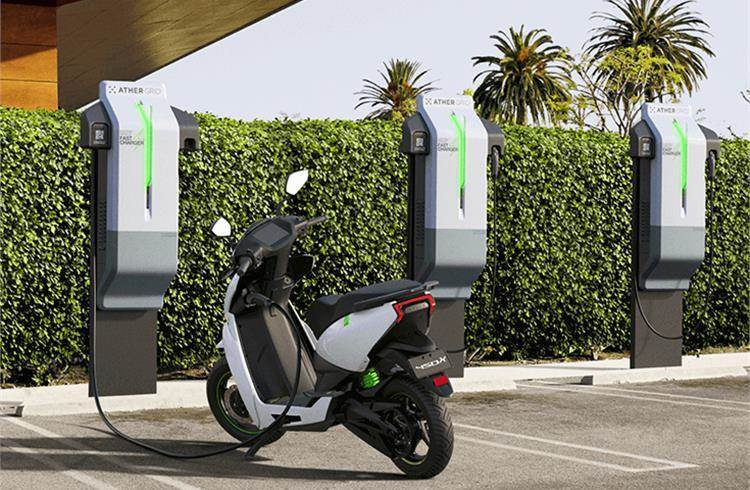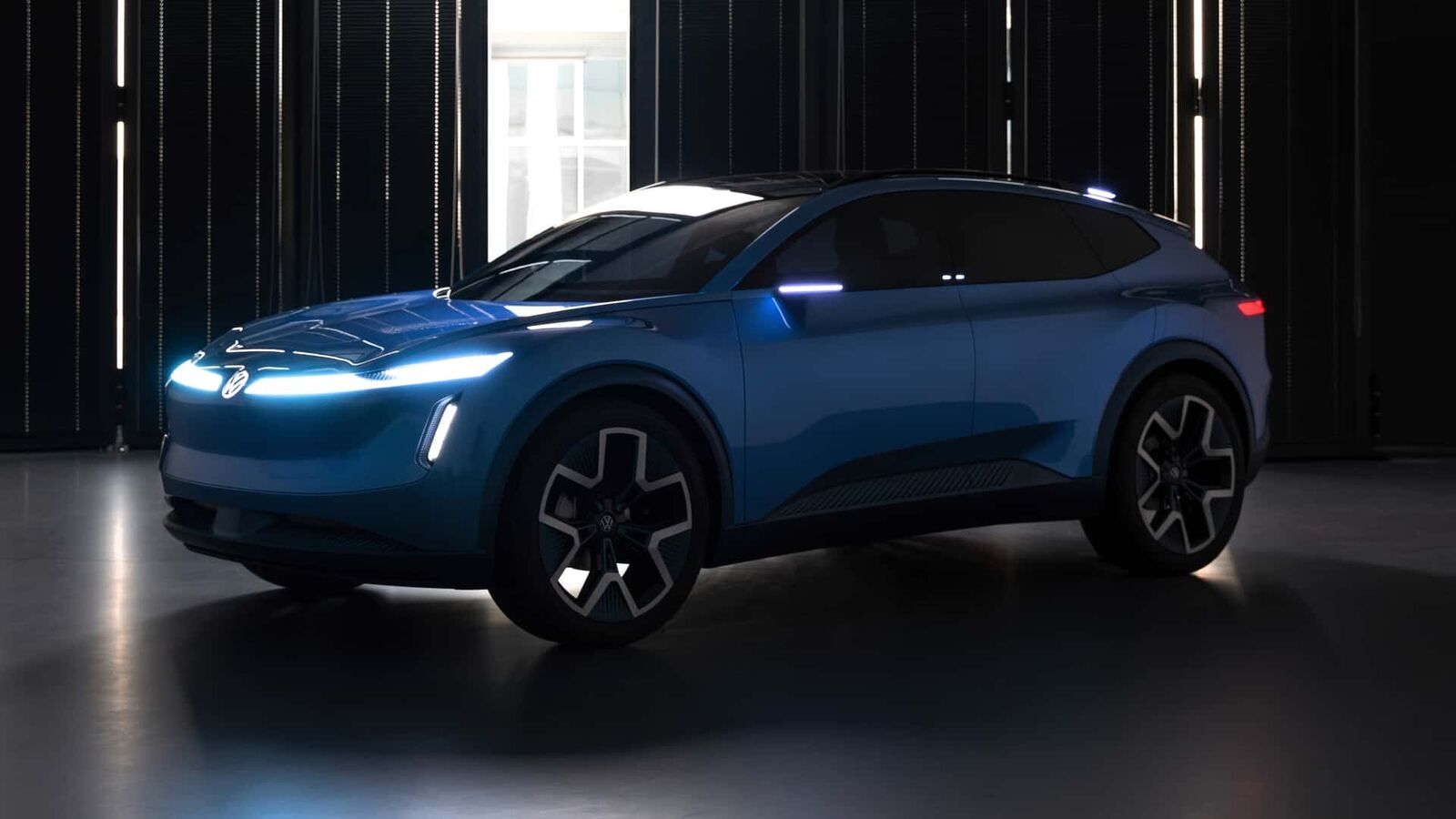The Maharashtra and central governments have launched a centre-state pilot ‘Solar2EV Project for Social Justice,’ hoping to expand the reach of the PM Suryodaya Yojana, which seeks to install 1 crore rooftop solar panels.
With this scheme, the Maharashtra Department of Social Justice and Special Assistance and the Union Ministry of Social Justice and Empowerment aim to register an additional 2 lakh vehicles in the state by the end of CY25, by integrating the latest electric two-wheelers and three-wheelers, golf carts, light electric trucks and fleet passenger EVs with solar power.
Through an aggregator model in the pilot phase, the Solar2EV project hopes to accrue demand for 1 lakh electric two-wheelers, 70,000 electric three-wheelers and 30,000 passenger EVs by end-2025. They aim to achieve this target through tie-ups with various last-mile logistics, mobility service providers and non-banking financial corporations to support ongoing schemes.
For this, the central ministry will dip into its Rs 14,500-crore budget, through which it funds all states. Authorities would partner with mobility operators, who can employ economically and socially challenged youth and offer disadvantaged communities a respectful existence.
Stakeholder meeting to discuss EV funding for charging stations
Ramdas Athawale, Union Minister for Social Justice and Empowerment, chaired a stakeholder meeting on Monday to discuss avenues to attract funding for EV charging stations. He said the Maharashtra government had offered to finance these vehicles from its state budget, which funds welfare measures through its five corporations — Mahatma Phule Backward Class Development Corporation, Loksahir Anna Bhau Sathe Vikas Mahamandal, Maharashtra State Handicapped Finance and Development Corporation, Sant Rohidas Leather Industries & Charmakar Development Corporation Ltd., and MahaPreit, the state’s renewable energy wing.
Athawale said the Centre had asked these five corporations to identify and share the total demand for the vehicles with OEMs, which could also lead these manufacturers to offer government-corporate rates for their purchases.
On funding EV dealerships run by entrepreneurs from SC/ST communities through the state’s various schemes, Athawale said, “Disadvantaged youth and persons with disabilities could also benefit from the Solar2EV Project for Social Justice as battery swapping stations, EV dealerships and electric two- and three-wheelers could be funded by the state.”
“We’ve decided to expand the focus of the PM Suryodaya Yojna by integrating electric mobility and solar power as part of our prime minister’s plan to decarbonise the economy and move towards our net-zero target,” Athawale said, at a press conference following the meeting. “Our ministry is looking to unlock the benefits of electric mobility and a solar economy for the weaker sections and deprived communities.”
“Disadvantaged groups can become large consumers of EVs and solar energy systems, aided by India’s green energy transition push and the government’s Rs 10,000 crore support for solar subsidies, as announced by Finance Minister Sitharman in her interim budget,” he added.
Pravin More, Assistant Private Secretary to the Minister for Social Justice and Empowerment, told Autocar Professional, “Solar2EV will be a social engineering product that the state plans to launch by the first half of 2024, where an educated but disadvantaged and unemployed youth could check into the system and check out with a Tata Xpres-T EV provided through the state government’s funding for its social welfare schemes.
Om Prakash Bakoria, Maharashtra Social Justice and Welfare Commissioner lauded Athawale’s efforts, saying that the state “is ready to ride the electric mobility wave for the Solar2EV Project for Social Justice,” and that “such innovative programs were the need of the hour.”
Solar2EV project welcomed by stakeholders
At the meeting, the minister heard proposals from various battery manufacturers, including Pune-based SunLit Power; the firm is looking to invest over Rs 100 crore in a battery production facility in Maharashtra and also open avenues for persons and women from economically weaker sections to find gainful employment at this facility.
Among other representatives from the solar industry who attended the stakeholder meeting were Adani Solar and Reliance New Energy.
On the EV side were firms such as Jaipur-based Hop Electric, Faridabad’s Omega Seiki Mobility, Foxconn-backed and Goa-based powertrain partner Kabira Mobility, Tata Motors — the nodal agency for the PM Suryodaya scheme — and Delhi-based Rural Electrification Corporation.
Representatives of Tata Motors present at the meeting said that “such initiatives could boost demand [of their Xpres-T electric sedans] because of the state government’s plans to augment the contribution of EVs in their fleet.”
Ketan Mehta, co-founder and CEO of Hop Electric, which also has its pie in the solar sector through its subsidiary Rays Power Infra, said: “This is becoming a very interesting space. The FAME subsidy, which is going to slide after March, and this project come as a relief from the uncertainty around the subsidies that other states could also embrace once the pilot gets proven.”
Reliance New Energy indicated that the next wave of mobility will see solar firms utilise the government’s schemes to the fullest. They will also leverage the unexplored stratum of society as a future consumer of solar panels and charging stations for their Smart Energy for Home Concept, which was showcased at the recently concluded India Energy Week in Goa.
In their presentation to the minister, they said, “Our swap batteries will be connected to the solar energy network both at the swap station and at home charge pods.”
A senior official from the Reliance Smart Home Concept said: “A customer can charge a battery at home using solar power or at a station. A metre at home will charge their battery at the agreed rate.”
While the open market rate for power is Rs 12 to 13 per kwh, a solar power-based EV charging station is likely to charge at Rs 5 to 6 per kwh.
“We are glad that governments are propagating battery swapping as one of the promising solutions to offer energy-as-a-service to mobility and home-use customers,” the Reliance official said, adding with certainty that the popularity of battery swapping will rise with subsidies in the coming year and as India’s EV infrastructure develops. “In the Indian situation, where fixed charging is inconvenient and time-consuming in dense cities and remote areas, swapping offers a much easier solution, eliminating range anxiety as well.”
Similarly, Uday Narang, Chairman of Omega Seiki Mobility, welcomed the move, saying that it was “likely to open new avenues” for EV makers who will face disruption after the FAME II scheme comes to a close. He added: “The convergence of solar will provide new vistas for convergence with electric mobility and also offer EV players new opportunities to ride the solar and renewables wave in India.”
Furthermore, Reliance New Energy and Adani Solar emphasised that the Centre and state working together with an aggregator model would lead to better utilisation of government resources. This, they said, would be because authorities would work with last-mile delivery operators and mobility-as-a-solutions providers to create greater opportunities to integrate electric two- and three-wheelers with solar power and EVs with home charging.



